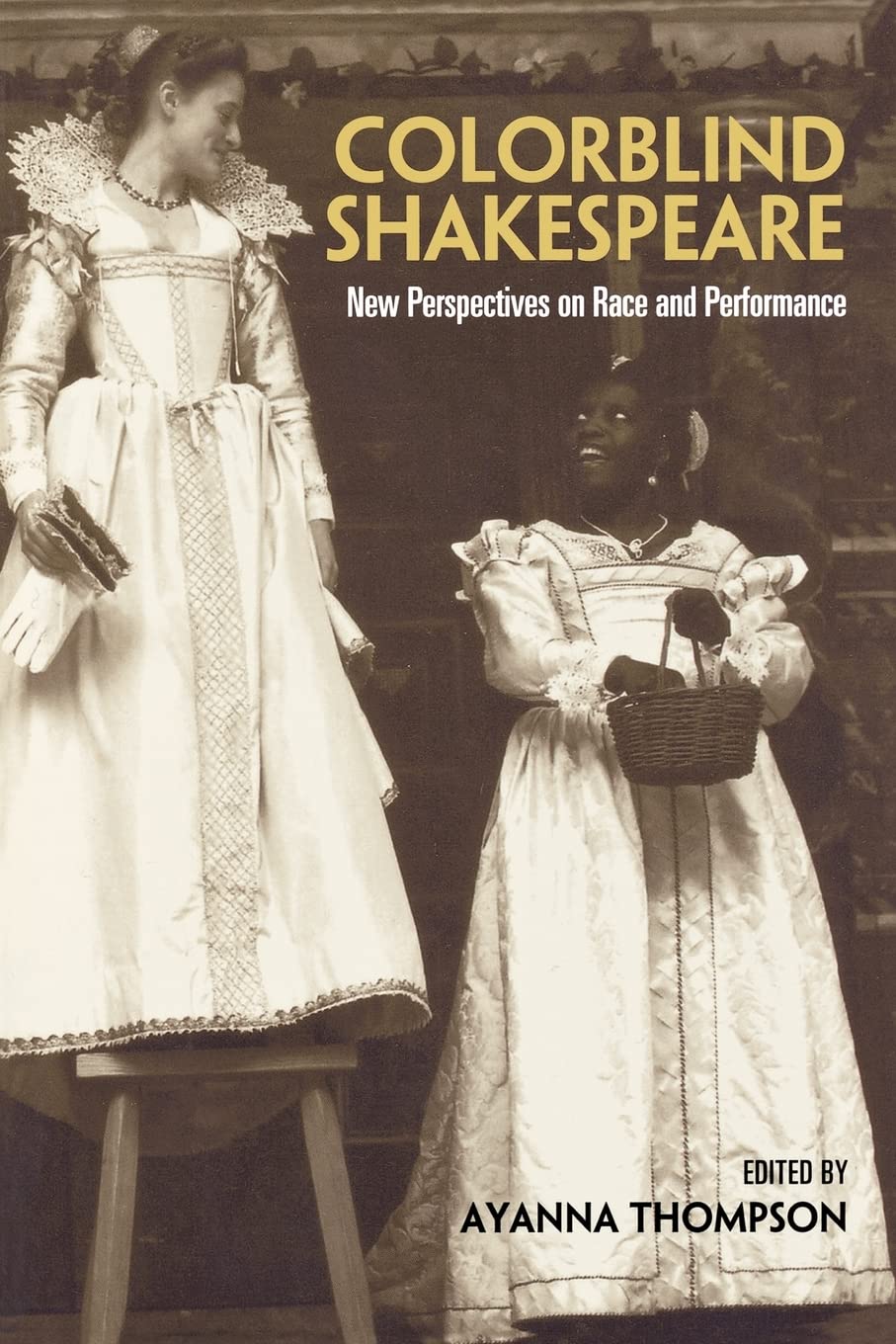 Colorblind Shakespeare: New Perspectives on Race and Performance. Ed. Ayanna Thompson. New York: Routledge, 2006.
Colorblind Shakespeare: New Perspectives on Race and Performance. Ed. Ayanna Thompson. New York: Routledge, 2006.Whether you're thrilled beyond belief or despondent beyond words at the various outcomes of yesterday's election, you must agree that electing an African-American man to the Presidency of the United States of America is a (or an) historic moment.
Well, that's a bit weak. I suppose that all moments are historic moments—though elections, perhaps, may be a bit more so.
What I meant to say is that, whether I agree or disagree with some or all of his policies, I'm glad that we could elect an African-American to the highest political office in the land.
In 2 Henry IV, the Archbishop of York says this:
On the point of electing a black man to the presidency, at least, perhaps neither parter is a loser.A peace is of the nature of a conquest;
For then both parties nobly are subdued,
And neither party loser. (IV.ii.89-91)
To take it into Shakespearean territory, I present the frontispiece image from Colorblind Shakespeare: "The Droeshout engraving of Denzel Washington."
The book itself looks like a very interesting collection of a dozen essays on issues of race in Shakespeare. I have yet, alas, to read the volume—it's been on my shelf for six months now, and the library keeps asking for it back. But soon and very soon I hope to get to it. If I do, you can count on a post or two about it!
Click below to purchase the book from amazon.com
(and to support Bardfilm as you do so).
(and to support Bardfilm as you do so).









No comments:
Post a Comment